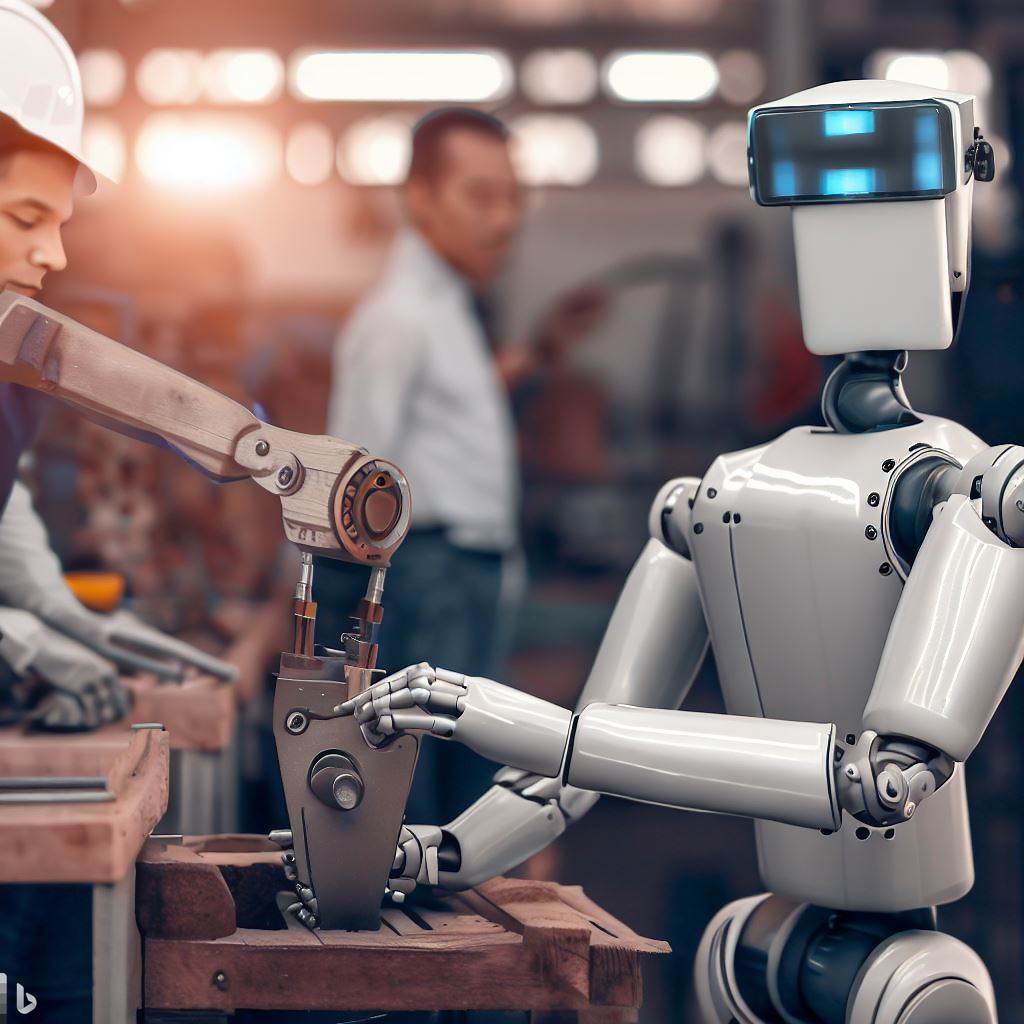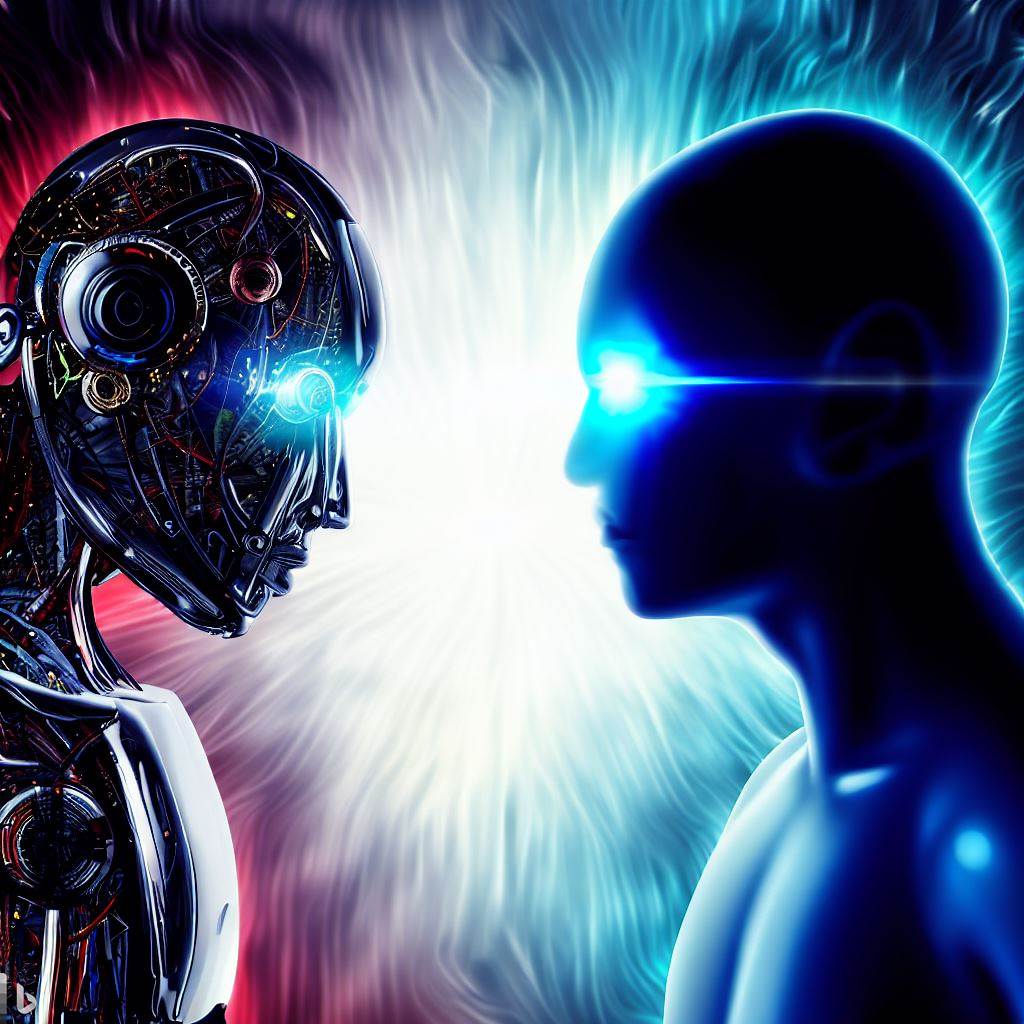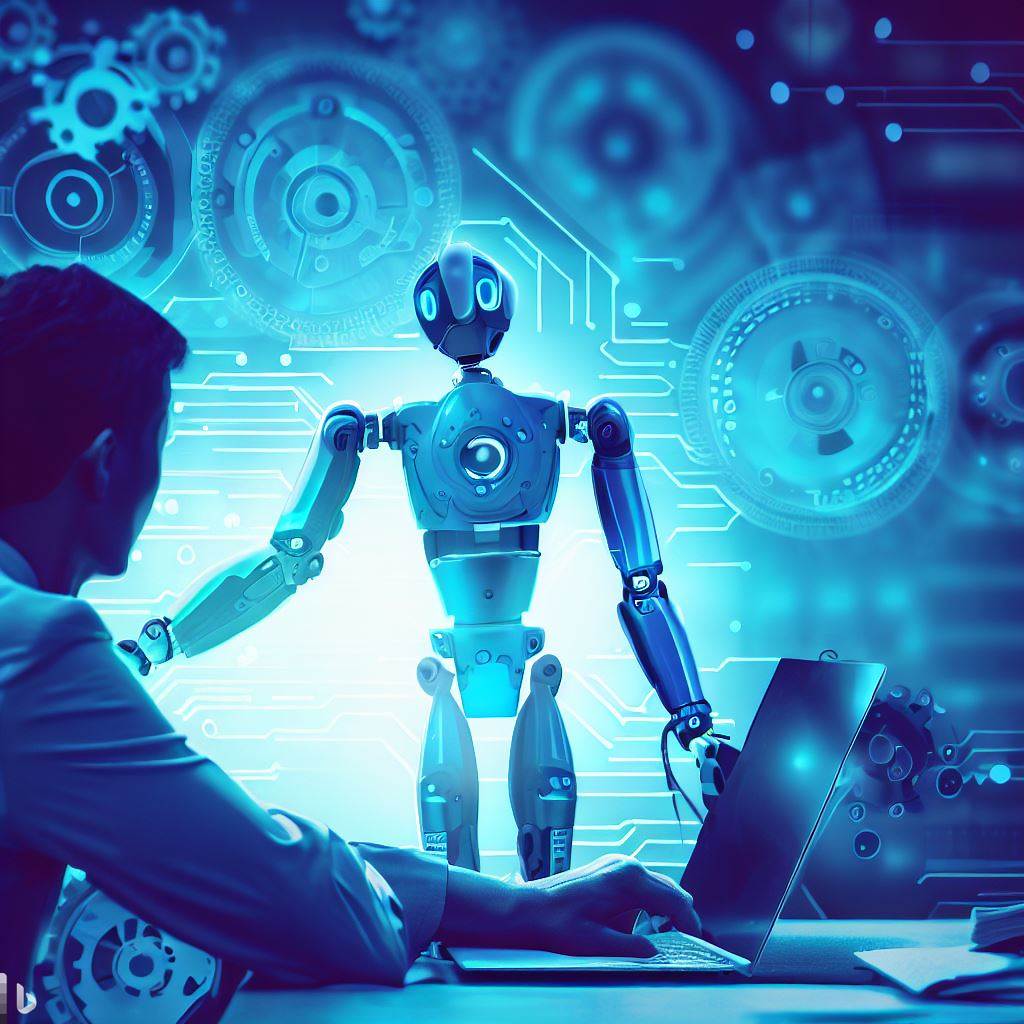In the vast and ever-evolving landscape of technology, artificial intelligence (AI) stands as a prominent force, captivating our imaginations and reshaping industries. As AI continues to advance, there is a growing concern about the potential threat it poses to human employment. Will robots ultimately steal our jobs? This article aims to delve into this pressing question, exploring the multifaceted dimensions of AI’s impact on the workforce and shedding light on the challenges and opportunities it presents.
The Changing Tides of Automation
Automation has been a constant companion throughout human history, revolutionizing various industries and transforming the way we work. However, the emergence of AI introduces a new level of sophistication, as machines become increasingly capable of performing complex tasks that were once exclusive to human expertise. From manufacturing to customer service, AI-powered robots and algorithms are making their presence felt across diverse sectors.
The Impact on Traditional Jobs
The threat of AI replacing human jobs cannot be underestimated. Routine and repetitive tasks, which were once carried out by human workers, are now being efficiently executed by intelligent machines. Industries such as manufacturing, logistics, and data entry have witnessed significant shifts, as robots with advanced computer vision and machine learning algorithms take over production lines and administrative roles.
While the focus tends to center on blue-collar jobs, the impact extends well beyond manual labor. White-collar professions, including legal research, data analysis, and even journalism, are not immune to the encroachment of AI. Complex algorithms can sift through vast amounts of data, extract patterns, and draw insights with unparalleled speed and accuracy, potentially replacing human experts in these fields.
The Rise of Collaborative Intelligence
However, it is crucial to note that AI is not simply a harbinger of doom for the job market. Rather than entirely replacing human workers, AI has the potential to augment and enhance our capabilities, leading to the rise of collaborative intelligence. By automating mundane tasks, AI frees up human talent to focus on higher-order thinking, creativity, and problem-solving. This symbiotic relationship between humans and machines can unlock new possibilities and drive innovation in unprecedented ways.
Shifting Job Landscape and Skill Requirements
As AI reshapes the job market, it also redefines the skill sets that are in demand. While routine and repetitive tasks may be delegated to machines, the demand for uniquely human skills such as emotional intelligence, critical thinking, and adaptability becomes more pronounced. Jobs that require complex decision-making, creativity, and interpersonal communication are expected to thrive, while those that rely solely on rote tasks are at greater risk.
Preparing for the Future
To navigate the changing tides brought about by AI, individuals, and societies must adapt and embrace lifelong learning. Developing a growth mindset and actively acquiring new skills will become essential for individuals to remain relevant in an AI-driven world. Governments, educational institutions, and businesses must collaborate to provide reskilling and upskilling opportunities to equip workers with the tools needed to thrive in the new economy.
Summary
As we contemplate the potential threat of AI stealing jobs, it is important to view this technological revolution through a balanced lens. While it is true that certain occupations will face disruption, history has shown that technological advancements also create new opportunities and spawn entirely new industries. By embracing the possibilities that AI presents and proactively preparing for the future, we can harness its potential to create a world where humans and machines work together harmoniously, driving us toward greater prosperity and innovation.



